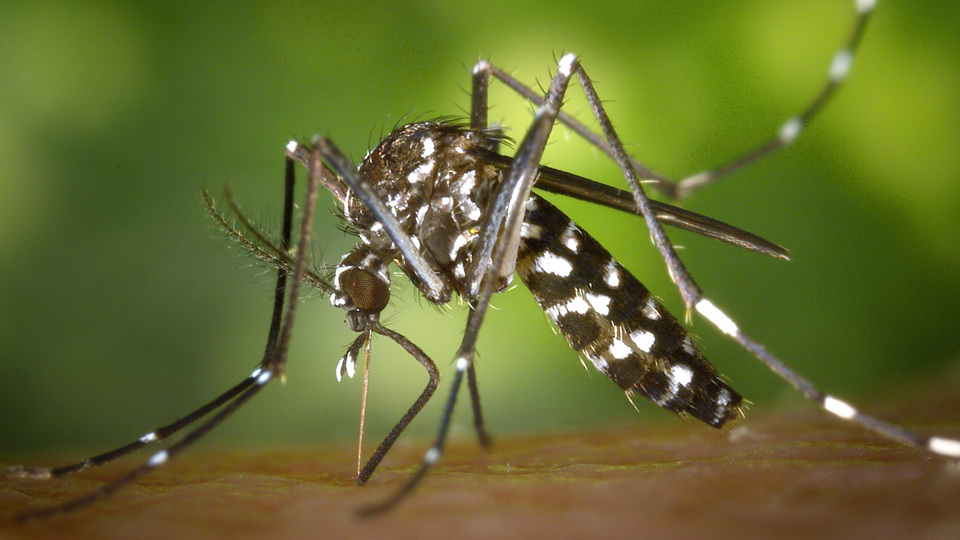Idaho has its first human West Nile virus infection reported this year, the state health department announced Friday in a news release.
The man, who is over the age of 50, infected with the virus lives in Washington County, a county that borders Oregon and is home to roughly 11,000 people. Weiser is the county’s largest town.
The infection was first reported Thursday. The man was hospitalized but is being discharged to recover at home, the release said.
Infected mosquitoes spread West Nile virus by biting humans.
About 1 in 5 infected people get a fever and other symptoms, according to the Centers for Disease Control, while 1 in 150 infected people develop serious illness that can be fatal. The CDC says people can reduce their risk of mosquito bites by wearing long-sleeved clothes and using insect repellent.
“We strongly encourage Idahoans to fight the bite of mosquitoes to protect themselves and their families,” said Dr. Leslie Tengelsen, state public health veterinarian. “Confirmation of a human infection is a good reminder for all of us to take protective measures against mosquito bites. This includes wearing insect repellent and protective clothing in addition to reducing standing water around our gardens and homes where mosquitoes can lay their eggs.”
Seven of the nine Idaho counties where West Nile virus has been detected so far this year are based in southwestern Idaho, the release said. In Canyon County, 25 mosquito pools have tested positive for the virus in 13 locations, the county announced in a news release on Thursday.
“Artificial containers, water troughs and other small backyard larval sites continue to be the most difficult for us to control effectively,” said Jim Lunders, director of Canyon County Mosquito Abatement District. “We need the public’s help in eliminating as many of these sites as possible to limit the spread of West Nile virus.”
Last year, three people reported West Nile virus symptoms in Idaho. Seven counties saw cases of the virus in mosquitoes, horses or people. In the past five years, an average 11 cases have been reported each year, the state health department’s release said.
In Oregon, officials have reported detecting West Nile virus in mosquito traps in Malheur, Baker and Jackson counties this season, but no human cases so far.
In an Aug. 3, 2023, post, the Malheur County Health Department said, “The Oregon State University Veterinary Laboratory confirmed West Nile virus (WNV) in two additional mosquito traps located between Vale and Ontario. This will bring the total of positive mosquito traps to seven for Malheur County in 2023.”
Symptoms to watch for, prevention tips
The Idaho Department of Health and Welfare says common West Nile Virus symptoms are fever, headache, body ache, nausea, and occasionally swollen lymph glands or a skin rash. Severe infections are more common in people age 50 and older, which could lead to hospitalization or death. The state health department suggests talking to your health care provider to pursue testing.
“Unfortunately, neither humans or horses can be conclusively diagnosed with West Nile virus without being tested,” Lunders, from Canyon County, said. “If a physician or veterinarian suspects a patient has West Nile virus, a blood test should be performed to confirm their diagnosis.”
The state health department says people should avoid mosquitos, especially when they are most active at dusk or dawn. And it says everyone should cover exposed skin when outdoors and apply insect repellent that is DEET or other EPA-approved to exposed skin and clothing; make their homes insect-proof by repairing or replacing damaged screens; reduce standing water on their property like undrained toys, trays or pots outdoors; and change water in bird baths, static decorative ponds and animal water tanks weekly.
Dogs and cats aren’t usually affected by West Nile virus, but horses and some birds can experience severe illness. Vaccines exist for horses, who should be vaccinated annually, but there is no human vaccine to combat the virus.




